The Bulgarian Fintech Scene – Dedication and tough work

For me, one of the joys of interviewing Fintech players around Europe is the random and sometimes fascinating stories which surface. One such story comes to light in talking with Georgi Penev, Director of the Bulgarian Fintech Association since 2020. It’s almost a by-product in our chat about the rapid growth of Fintech in the country, but there’s a logic to it: Georgi tells how between 1979 and the early 1990s, the Pravetz computer factory in Stara Zagora produced computers for Bulgaria, and many of the surrounding Comecon states. In fact the devices were very obvious knock-offs of Apple II computers, but we’ll leave that argument to the annals of history and tales of spying and industrial espionage. Georgi also lays unlikely claim to an emerging Fintech industry back in 1967 when the one and only Bulgarian Bank bought an IBM computer, the first in the country. That’s national pride and confidence for you!

Weighing the gender balance
The important point here about this early computer manufacture and use is as Georgi relates, “Our grandmothers were the engineers. We were used to having this person in our family that was really well respected because they brought the money in and were the ones that were well educated. Even now in our technical universities, we have many women, which is quite the opposite to what I’ve seen in Western Europe.”
Then, as now, women being involved in IT and Fintech is, “A way of getting out of misery.” Realizing that by the standards of many other European countries the gender balance in Bulgaria is unusual, the Fintech Association commissioned a report. As a Co-Founder of the European Digital Finance Association representing over 1,000 Fintech companies, the Bulgarian Association has the idea that its Women In Fintech report could be of interest in the wider scene. The data might also be used to attract funding, so the move could have more than merely ‘interesting’ results. The survey found that in 2020, of the Bulgarian Fintechs responding, there were 43% of women working in the sector. This compares to an average across Western Europe of 30% of women employed in Fintech. Georgi says that the Bulgarian percentages cover a Fintech workforce estimated at 9,300, adding that the high numbers of women in tech are perhaps, “One of the only good things that came out of Communism.”

The genesis of the Bulgarian Fintech Association
So we jumped off with some unusual data there, but let’s track back a little and find out more about Georgi Penev, and then the organization he’s now heading. He studied for a Masters Degree in Public Policy and Management in Glasgow, Scotland, and then – according to his parents – made a significant mistake: He returned to Bulgaria to work in a French consulting firm. After that came the lure of a Fintech company and the realization that he needed to learn more about this fascinating new area. Fortunately there was a free course in Fintech running at Sofia University, so Georgi signed up. Here he learned of the work of Harvard University Professor Michael E. Porter relating to the macro-economics of competitiveness and the formation of clusters. You’ll be hearing more about the two university lecturers teaching these classes a little later in the story. At the end of the course, Georgi and some other students picked a project on the Fintech cluster in Bulgaria, during which they met with the newly developing Bulgarian Fintech Association. Joining an existing cluster, and presenting their work well meant that Georgi was ‘spotted’ by the Fintech Association, and offered a job. Things, it seems, move fast in Bulgaria.
But it doesn’t end there because in just two years, working with the university, the Association has initiated a Masters Degree in Fintech where, “We are combining private sector, public sector, and academia.”
As to the Bulgarian Fintech Association, it comprises only company members that are legal entities, with no individual membership. There are 53 members, whether ‘Pure Fintechs’ providing services and products, or related businesses such as 1 legal company, with the 54th member being Sofia University. Two banks are also currently included in the membership – the traditional incumbent Post Bank, and the Germany-based Varengold Bank which has named itself ‘The Partner of Fintechs’. Altogether the Association represents around 7,300 people that are in some way related to Fintech, and it was only formed at the end of 2018. Not bad going.
(Responding to a subsequent query about the number of people represented by the Association, Georgi clarifies that while that 7,300 figure does include Post Bank employees, University staff are not in the count. If they were, the figure would currently top around 10,000).
Iris and the Godfather
“Georgi Penev is the motor, the engine at the Fintech Association.” I’m talking with Mihael ‘Miso’ Mihaylov and Merdihan ‘Mero’ Ismailov, Business Development Officer and Chief Digital and Information Officer respectively of Bulgarian Fintech Iris Solutions. Mihael continues with some further encouraging words about the Association, which he says Iris is 100% committed to as a member. “Georgi pushes us a lot and he’s very dedicated. We also work closely with all the guys on the Association Board, trying to change the environment, working with the Bulgarian National Bank, the Ministry of Economy, and the Ministry of Finance: I think the Association is doing a great job.”

First things first – what’s in the name, Iris Solutions? Like several stories I’ve heard about the naming of companies, this one seems remarkably casual. The startup team had a concept for Open Banking, but no name, at which point Managing Partner Galya Dimitrova announced that her son had come up with the word ‘Iris’. It sounded good, ‘Solutions’ was added, and a company was born – one which now acknowledges the debt to its ‘Godfather’ – Galya’s son.
Mihael was part of Iris Solutions from ‘Day Minus One,’ together with Galya – a group of experienced former bankers and senior IT personnel. Seeing the approach of increasing digital services and the arrival of PSD2, they decided to combine efforts and knowledge to create a startup that could extract the maximum value out of the coming open banking market. “At the beginning of 2018, we founded the company. The first steps were to take a license, because we are an EU licensed payment institution and payment initiator. It was not an easy task as a startup to get the license for a payment institution from a conservative regulator, like the Bulgarian National Bank, but finally we managed after almost a year. Meanwhile, we started with the process of developing the services, because actually PSD2 started for the banks on September 14th. We received our license on 17th of September 2019. So three days after the banks were obliged to publish their APIs, we received our license… and we started the development process.”
Timing, timing is everything.

Opening the doors to open banking
And was Merdihan Ismailov onboard by that time? Well, not exactly. He was approached but was working hard for the opposition: “I was involved with one of the top 10 banks in Bulgaria as head of digital banking. In fact, I was working against Open Banking which was seen as a threat rather than as an opportunity. At the time they preferred to create as many small obstacles as possible for Third-Party Providers like Iris.” Eventually however Mero was persuaded to leave the Dark Side and join the Rebel Alliance (if you’re up to speed on Star Wars references).
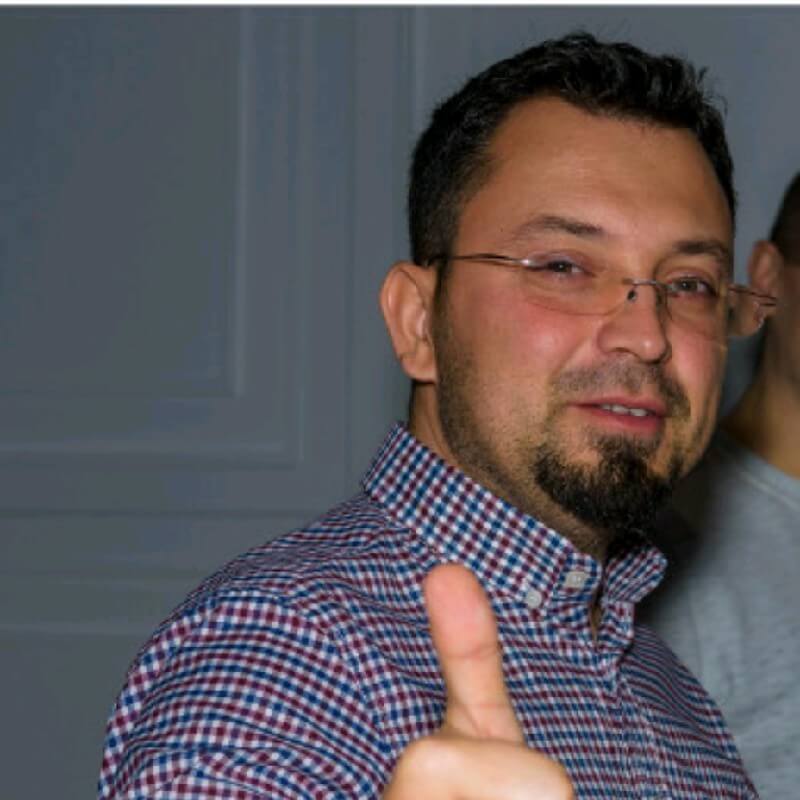
So what does Iris Solutions actually do? Well, it’s an Open Banking partner for currently more than 30 banks in three countries: Bulgaria, where the largest customer is OTP Bank (DSK), as well as Romania and Greece. “We try to extract the value in open banking by providing banks, non-banks, financial institutions, different kinds of lenders, accounting, and software companies with the ability to use bank data,” Mihael explains. “With open banking we develop together with companies and the banks and lenders different services based on this ability. There are other interesting options and products that we have already developed, such as our cardless payment service.”
He also refers to what he sees as a built-in bias against a Bulgarian company wanting to become a player in other markets. “From a business perspective, we tried to be first and we tried to be focused. Because when you’re focused, you’re able to follow the road you have chosen. On the other hand, we know that in Western Europe there is huge competition from well-established players. And if a company from the Balkans is coming to the German market, for instance, and if a company from Sweden also comes to the German market, we all know who they’re going to choose. That’s why our focus is where it is now.”

Future growth
Mihael adds that as well as this Balkan focus there are two other markets that are currently of potential interest to Iris Solutions: “Outside of the European Union, but close to us.” These are Ukraine and Turkey, with Turkey – population some 80 million – already starting on the open banking road, and Ukraine believed to be developing open banking KPIs. Albania, North Macedonia, and all the other smaller countries of former Yugoslavia also hold promise.
Despite these interesting targets for future possible expansion, Mihael Mihaylov points out that a market such as Turkey, despite the potential rewards, will not be an easy nut to crack. “For example, we could come to Hungary and say, ‘We are a licensed payment institution, you can check in the European Bank authority register, you will find us there, and we can integrate every bank in Hungary – it’s not an issue for us.’ But if we go into Turkey, it’s not the same because the processes are much more complicated. If we want to make a business there, we’ll have to find an appropriate partner.”
Merdihan adds that in Macedonia, Albania and Kosovo there are already regulations based on PSD2 being presented to local Parliaments for approval. In some respects it seems that Iris Solutions might be ever so slightly ahead of the curve, something confirmed by Mihael, who says that the company participated in the final 10 at a Fintech hackathon in Qatar, only to be told, ‘Guys, it’s very interesting. We want to observe what you are doing. But open banking is yet to come to Qatar, and the banks are not obliged to publish APIs. We will do it, but not yet.’
For the moment however the Fintech soil is fertile in the Balkans, and with Iris Solutions, ‘All information about all bank accounts, transactions, and receipts, is available in one place, in one application. With just a few clicks the customer is identified, their bank approves payment and the process is complete.’ The use cases continue for Accounting and Process Management, Personal Finance, Ecommerce, Lending, and much more.
As client Dimitar Dimitrov of AKTA Consultants comments on the Iris Solutions’ website, ‘Iris Solutions is a visionary regarding the market of open banking solutions in Bulgaria. In the efforts to develop the presence of open banking services in the daily lives of Bulgarians, team members are looking for the most effective way to communicate with regulators and service providers, having in mind one major goal: for the customer to get the most out of the information locked in their bank account.’
Hold that thought about ‘communicating with regulators’ because we’ll be returning to it, but right now we need to think about escaping gravity.
The Venture Capitalist company
Eleven is one of the most active Venture Capital funds in the Balkan region, and one of only two funds that came into being in 2012 with the splitting of €25 million from the European Investment Fund, for the purpose of supporting startups. Gergana Stoitchkova is Eleven’s Program Manager, and says, ‘I am a Fintech enthusiast and a strong believer in Bulgaria’s immense potential. I came back to Sofia a few years ago after spending 6 years in Germany and Italy, and I still believe it was the best decision I’ve ever made. I get excited around anything related to Fintech, startups, VC investments, entrepreneurship, practical education, and technology innovations.’
And why the company name? (Do take a moment to try a guess…)

It’s because 11.2 seconds is the velocity needed to escape the earth’s gravity, a highly suitable metaphor for a VC supporting new businesses.
“We invest primarily in four verticals,” Gergana explains. “Fintech is probably our most active area. Then we are also quite active in Healthtech, and the other two areas are Future of Work and Future of Food. To date Eleven has over €40 million in co-investments raised by its companies, with 150 startups being funded by Eleven and its partners since 2012. The company has two investment mechanisms, Eleven Capital, which was the first investment portfolio and is public on the Bulgarian Stock Exchange. Eleven Ventures is the second investment fund, ‘from Founders to Founders’, and is completely private, being comprised of individual investors.
Following her time abroad, Gergana worked for one of the larger Bulgarian Fintechs, Paynetics, as well as spending time as Director of the new Bulgarian Fintech Association. “However, I’m from a financial background, and it had always been a dream of mine to work as a VC, especially in our region. So I got in touch with Eleven and joined the team, and I’m currently leading the Fintech vertical, looking for Fintech investments on the one hand, but I’m also responsible for a corporate partnership – the Visa Innovation Program. Towards the end of the year I will move more into Healthtech, but right now I’m juggling between things, with Fintech being my main area of expertise.”
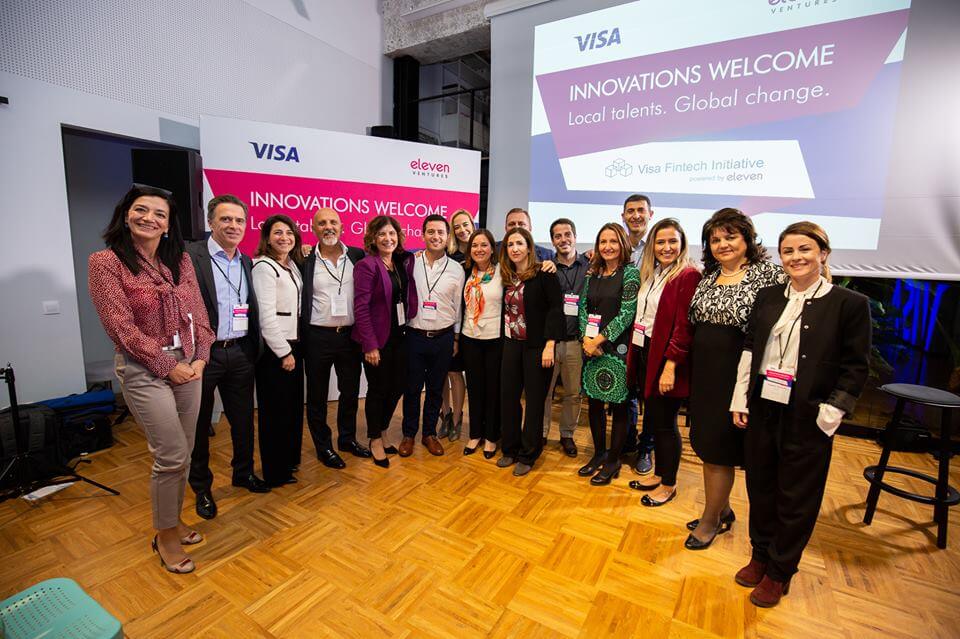
What is the VC looking for?
Gergana says that what Eleven is looking for in Fintechs is relatively broad and not tied to a particular subsector, but “In the past we have skipped opportunities that deal with loan underwriting and marketplaces for similar instruments. We still look at them, but we don’t have an investment there. Our last Fintech investment was in an Insurtech company.”
Apart from being sector agnostic, what kinds of Fintechs are attractive to Eleven? “We are primarily interested in companies that can move outside of their domestic market because the local markets in the region are small. Since the adoption of fintech solutions is just picking up, we want companies that have the ambition to expand internationally. As a fund we invest throughout Southeast Europe, and are quite active in Romania and Greece.”
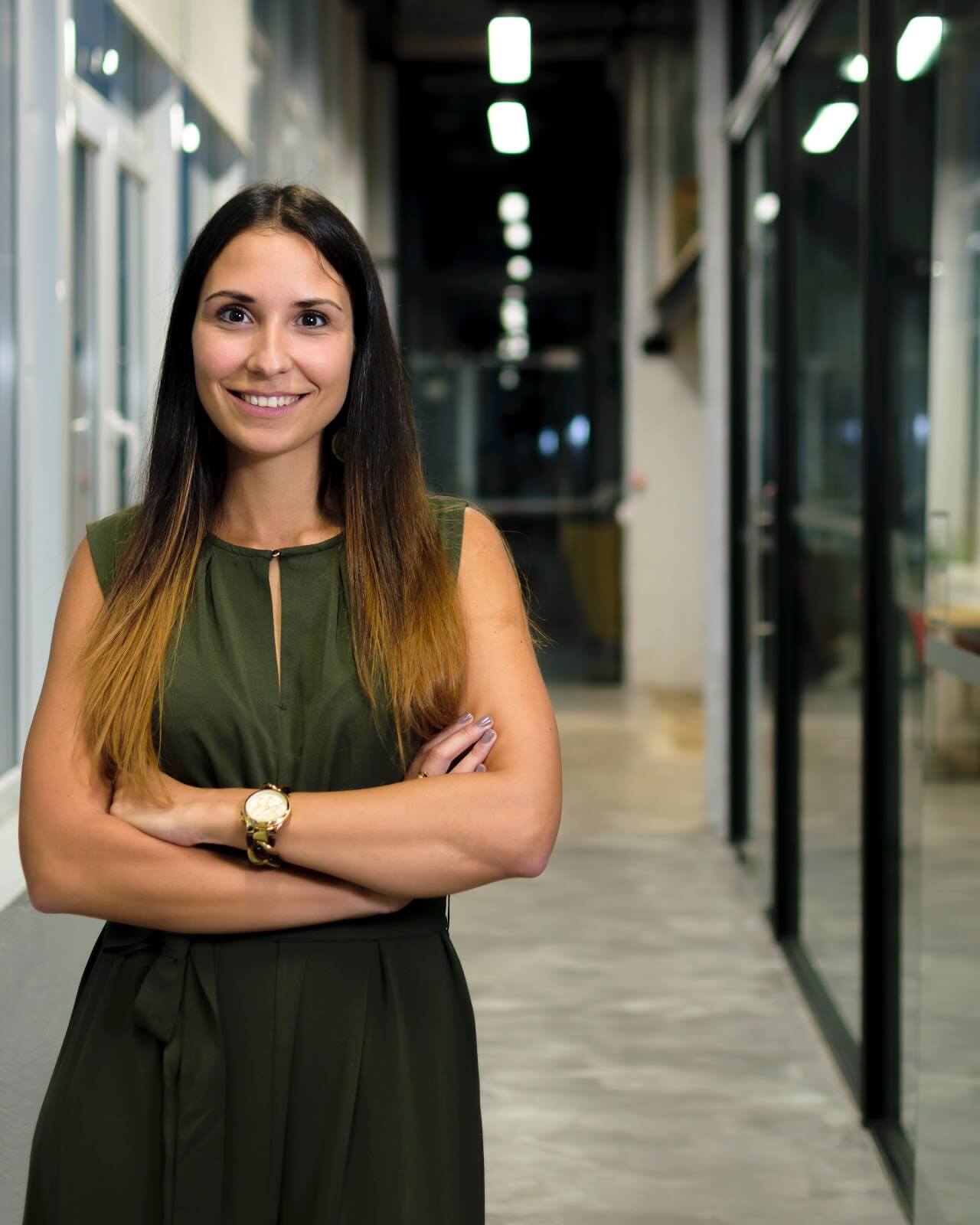
Speaking of the potential to export, the Bulgarian Fintech Association reckons that there are 124 Fintechs in the country, of which around 90% are SMEs, with a 2019 revenue of around 1.5 billion Lev, or roughly €750 million. That’s just 1.24% of Bulgaria’s GDP, so not a huge percentage, but of those 124 companies, 48% were assessed as having the potential to export (compared to 14% – the average for the country’s economy).
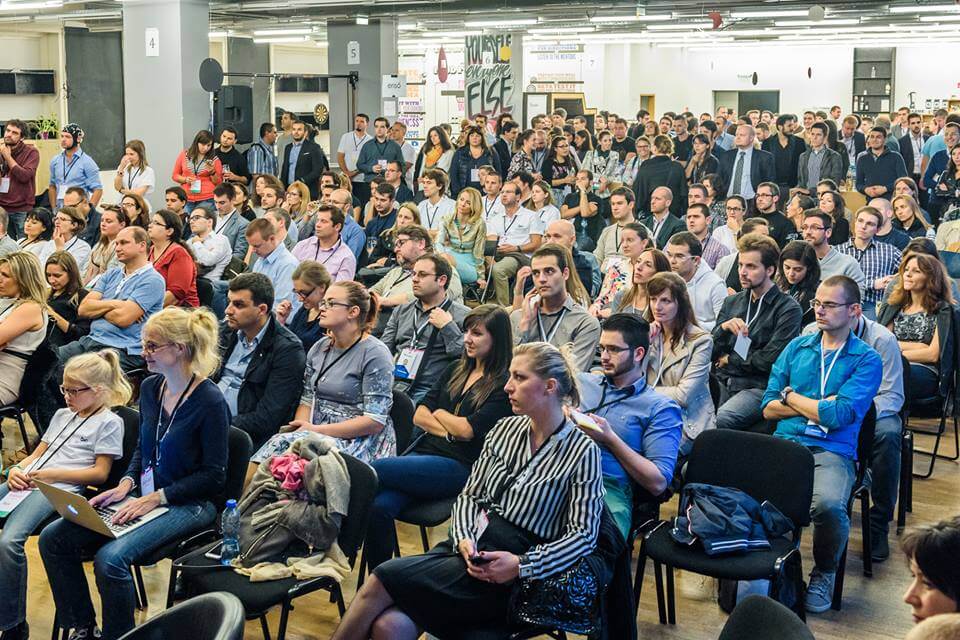
The perception of Fintechs
So with Eleven looking to potential exporters of Fintech services, what about inside the country, and that 7 million population? I wonder if Gergana Stoitchkova can give me a sketch of national characteristics, and of how Fintech might be generally perceived. These are very generalized questions, but she rises to the challenge: “The typical Bulgarian is a tough character. We generally like to complain a lot but it’s not only because of the national character, it’s also about politics and how we were positioned throughout the century. So there has always been someone else to blame.”
She describes the small percentage of younger, more educated people who have lived and worked outside of Bulgaria as living in a bubble. “In the bubble, you can feel this energy and desire, and believe that we can be as good as the more developed markets. If you look at Fintech projects here, they are driven by global trends, although sometimes with a few years delay.” Gergana adds that the bubble has been growing in recent years and that positive change is spreading to wider audiences.
As an example of the uptake of financial innovation, Gergana mentions how two years previously in Amsterdam she was surprised to see ‘Cards Only’ signs in shops and restaurants, whereas in Bulgaria, it was still predominantly ‘Cash Only’ signs. So while people do speak about Fintech it’s more about what is currently missing for those in the awareness bubble. However there are more and more Fintech conferences, and Fintech makes it into the news, raising general awareness. People know about Revolut, for example, and two of the largest telecoms in Bulgaria – A1 Telekom and Vivacom – now offer their own wallets for users to send money to friends.
Gergana is amused to recall, “A few years ago, I was probably one of the first people to pay using my phone, and people were just super surprised: ‘Wow, how did you do that? Is your card, you know, glued to the phone in some way?’
Now such questions are no longer raised. “I was at the seaside a few weeks ago and people in even small stores were saying to me, ‘These Fintech solutions are very trendy now.’ They were actually using the term ‘Fintech.’ So in more and more places, you can pay contactless. When we speak about crypto investments, there were a couple of months with larger hype back around the ICO boom of 2018, but other than that, Bulgarian VCs are still careful with crypto. For retail investors, the interest started building a few years ago with many people now experimenting with crypto investments. However, for the majority of the population the word “investment” is still predominantly related to real estate.”
This leads to Gergana’s observation that improving financial literacy for the general populace is very important, so that people know better how to work with money, and what money can achieve. Bringing financial literacy to the school curriculum would also help.
The drive for financial literacy
Education in Financial Literacy is a goal of the Bulgarian Fintech Association, which has worked with the government (and other partnering organizations) on a Financial Literacy Strategy. The Fintech association’s blogpost includes the joint statement that, ‘Undoubtedly, embracing the digitization of finance and applying it in the educational programs for all Bulgarians fosters the development of digital financial services and products in the region. Thus, it once again shows the governmental interest in turning Bulgaria into the most developed Fintech hub of Southeastern Europe. Another example of this is the fact that the Ministry of Finance of the Republic of Bulgaria has set a concrete measure for creating content on digital finance and uploading this information on the financial literacy platform proposed in the Strategy.’
A dedication to education is also shared by all members of the Eleven team, which among many other initiatives supports Elevate, a student-driven accelerator program at the American University in Bulgaria (AUGB) helping students gain first-hand experience of building a business, as well as organizing demo days, scouting, and other accelerator activities.
There’s also the Telerik Academy software school ‘Grooming the next generation of digital builders’ created by Eleven Co-Founder Vassil Terziev, among others. Then there are various entrepreneurship programs supported by Eleven for both high schoolers and university students. “I would say we are quite active,” says Gergana in something of an understatement. “All of us are driven by some sort of a personal mission to change our environment for the better. And I truly believe that if we can light some passion in someone to do something good, then it matters. There are beautiful places around the world, but my home is here and I somehow felt that I needed to come back and do my part.”
So despite working to escape gravity, Gergana and her colleagues in Eleven Ventures are also clearly committed to feet-on-the-ground growth and development, both within Bulgaria and throughout the region.
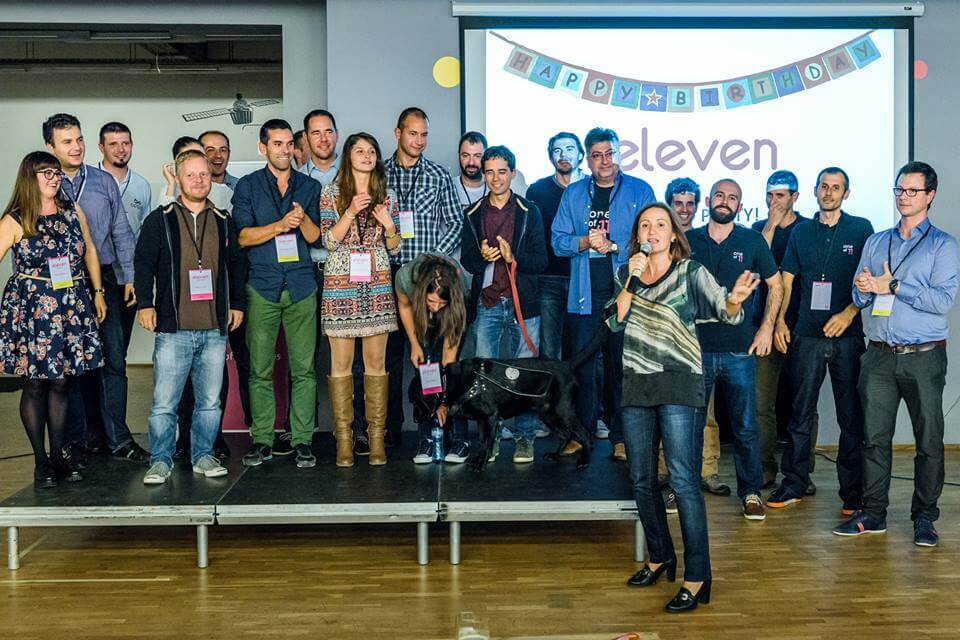
The regulatory octopus
Let’s return to growth, and how this may have been rather smothered by regulators in the conservative atmosphere around the Bulgarian National Bank. We heard how long and slow the process was for Iris Solutions to gain the company license, and how instrumental the Bulgarian Fintech Association now is in helping ease the way for others. But how has that come about? Remember those lecturers on the Fintech course attended by Georgi Penev at Sofia University?
Well, following an indecisive election result and the inability of any one political party to form a government, the President of Bulgaria appointed a temporary caretaker government. Taking key roles in this new administration are the two lecturers from the Harvard University classes, now the Minister of Finance, and Minister of Economy. Suddenly, rather than a conservative and cautious approach from the authorities towards Fintechs, there are knowledgeable and enthusiastic supporters at the heart of government. The window of opportunity is limited before another election comes along, but Georgi says, “Now they do realize how important our sector is, and we are working really nicely in collaboration with the government.” I imagine this is a dream scenario for almost any Fintech association, anywhere, but then Georgi drills down into the sheer weight of tasks that must be accomplished.
“On paper we should be no different to the rest of Europe,” he continues. “But there are many differences. For instance, we’re still lagging behind with electronic money licenses acquired from the Bulgarian National Bank. In Bulgaria we currently only have 6 companies that have licenses, compared to – say – Lithuania which has 70, a huge difference.”
De-complexifying the story
The whole financial sector is, generally speaking, divided into two parts: The banking sector, and the non-banking sector for crypto markets, insurance, VC funds, and other investment funds. Within that separation there are two different regulators. For the banking sector it’s the Bulgarian National Bank, and for the non-banking sector there’s the Financial Supervision Commission. Another important facilitator is the Ministry of Finance, with the Ministry of Economy also playing its part. Already this sounds like a lot of bureaucracy for Fintechs, and the Fintech Association to have to navigate.

Georgi continues trying to de-complexify the story by explaining that there are several big initiatives that can help promote Fintechs, the first being the ‘so-called’ Innovation Hub. The second is the Regulatory Sandbox, the third the Industry Sandbox, with the fourth being modeled on the UK’s Scale Up Sandbox.
The Innovation Hub is where companies can reach the appropriate regulator by simply sending their pitch deck, in order to be told which regulations must be complied with. If there are no regulations in place for a specific business, then the National Bank can step in and say, ‘Let’s create the legislation that we are now missing, so these people can work in the market.’
“So these are the initiatives which we should have, both in the Banking sector and the non-banking sector, right?” says Georgi.
Right, all clear. But then after a dramatic pause, he delivers the punchline to the story, “And we don’t have them!”

Listing the problems
Georgi continues with a list of problems yet to be overcome: “In the non-banking sector we do have the Innovation Hub but it is not working 100% and they have only about 5 applications a year, which is a nonsense. The Financial Supervision Commission lacks a Regulatory Sandbox, meaning they have no options to be proactive and create new laws allowing Fintechs to thrive.
When you’re talking about the National Bank and the banking sector, we don’t have a Regulatory Sandbox there either, or an Innovation Hub. That is our biggest fight at the moment.”
He pauses to consider, “Oh, and the other initiatives, like an Industry Sandbox and a Scale Up Sandbox… We are definitely missing those as well! So internally, at the Bulgarian Fintech Association, we have many working groups that are related to specific small parts of a huge legislation act. We’re trying to work step by step to improve, and at least now we have momentum, with the Minister of Finance and Minister of Economy possibly helping to change the situation.”
Following this masterful explanation of the complex regulatory situation in Bulgaria, I feel like I need a bit of a rest. Or rather, I suspect that Georgi Penev deserves one.
Back to equality
Returning to the subject we started with, I’m interested in Gergana Stoitchkova’s take on the gender balance in Fintech, and why things seem more equal in Bulgaria than in other countries.
She says that while in Western Europe, it was mainly men who were in employment, in Communist countries the role of women had no differentiation. In Bulgaria today the percentage of women in leadership positions in technology companies is very high. In financial subjects in University, around half of students are women, and Gergana says, “When I was studying finance, it was not perceived as a men-only subject.” So the balance in education has leveled out. “And if you go to the banks, you won’t only see men at the top, it’s generally 50:50, and probably going up the ladder, you will see 40:60. That’s 40:60 in favor of men, but still, that’s quite equal.” Georgi Penev also draws attention to a Deloitte report on the ‘Gender Problem’ in Fintech which is primarily based on UK findings, placing the gender balance at around 70:30 in favor of men.
In Bulgaria, Visa and MasterCard both have women at the top levels of management, and the country’s largest bank, UniCredit Bulbank, is led by CEO Teodora Petkova. DSK Bank has its ex-CEO Violina Marinova on its Supervisory Board, and First Investment Bank – FiBank – also has strong female leadership. “I think more than half of the banks are (or were recently) led by women,” Gergana observes. Both of her parents were engineers, and she says that from her point of view she has never really felt any sort of gender imbalance.
I find this both eye-opening and thought-provoking and am struck by a conversation I’d had some time before with Sarah Millerton of the Copenhagen Fintech Association. At the time Sarah said, “We in the Nordics are fiercely proud and fight for gender equality.” In Bulgaria it would appear that it’s an issue that barely needs to be fought over.
Rising stars
Over at Iris Solutions, where following an app demo by Merdihan Ismailov, we’re discussing other rising stars of the Bulgarian Fintech scene. One such is Fintrade, calling itself ‘The modern partner of micro and small-sized entities in Bulgaria. The company is specialized in financing small-sized companies and direct manufacturers, providing them with working capital to perform day-to-day financial operations. The lending model is based on speed and flexibility.’ Mihael Mihaylov adds that Fintrade has an interesting adoption of open banking, lending, accounting, and consulting to cover specific needs in the market. The company is part of the larger Management Financial Group, a huge developer which Iris Solutions are very pleased to be working with because, “They really believe in developing new services and products, and they know how to do it.”
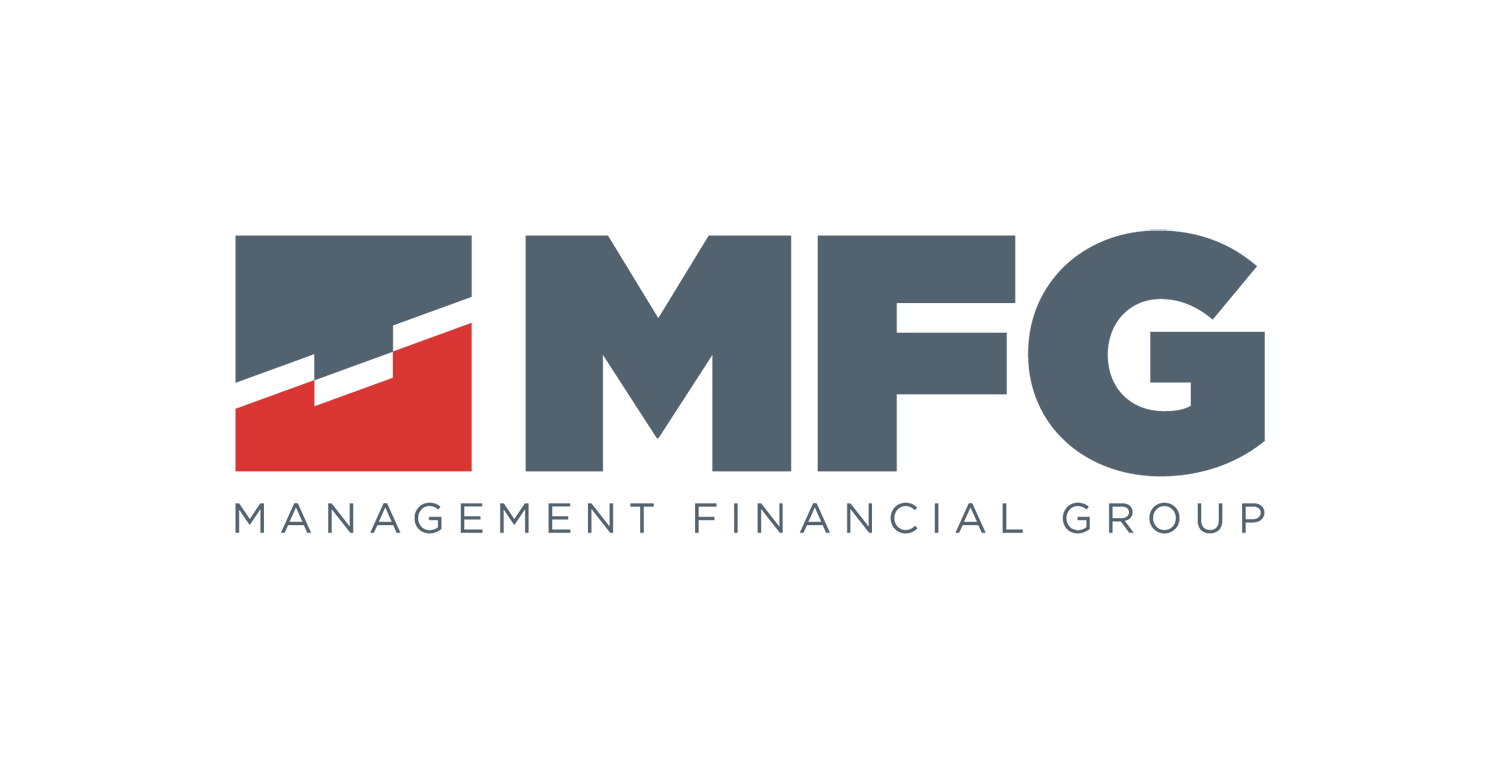
Gergana Stoitchkova says that the most recent big name to emerge is the Bulgarian Fintech Association member and Eleven portfolio company Payhawk, which raised $20 million Series A funding – the largest funding round for a Fintech in the region. Paynetics also gets the nod from Gergana for the commitment to building the Fintech ecosystem and, ‘Enabling traditional players to digitize their offer and power Fintechs and corporates to meet growing customer expectations and needs.’
Then there’s Phyre, into personal finance with the mobile wallet that stands behind the A1 and Vivacom wallets, and Phos – the Phone/Point of Sale hybrid which Gergana mentions and says are, “Advancing quite fast. They have a partnership with MasterCard and already have design partnerships for quite a few countries throughout Europe. I would also like to add Boleron in Digital Insurance, Cashwave for loyalty and reward programs and Notolytix with its ‘one solution to financial crimes’, with AML and security offerings.”
Nexo is into the cryptosphere, with around 2 million users, and is available in over 200 jurisdictions, promising to ‘Unlock the Power of Your Crypto’.
While iCard and myPOS are not startups, Gergana is keen to mention them as they are already operating in many European markets, with the myPOS app in use in a number of Western countries, and “Trading 212 is also one of the big brokers, and are Bulgarian company which is now active throughout Europe and the UK.”
Summing up, she says that, “Fintech is everywhere, it’s already everywhere. Accepting payments in innovative ways and making things easy for the consumer shouldn’t be like an extra, it should be the base case. So I’m very excited about being able to support and develop Fintech projects in my work with Eleven Ventures.”
Energy and commitment
The feeling of energy and commitment with all four contributors to this article is clear. Yes, there are many regulatory issues to solve, and yes, there is the perception from outside Bulgaria of ‘Balkanization’ which must slowly be overcome to prove that there are world class solutions available. As ex-banker Merdihan Ismailov says, “I think I showed my own commitment a year and a half ago, when I moved from banking to Fintech. There is a huge opportunity in the market, and at the moment, our role is more like educating and showing those opportunities. But I think that in one or two years, the whole communication will be different, and then banks will be saying to us: ‘Please bring as many new products and services to us as possible, to work on together.’
So is it a time of optimism for Fintech in Bulgaria? Mihael Mihaylov has the last word: “Personally speaking, I don’t have time to be pessimistic or optimistic. I’ve chosen a way to follow and I’m doing my best to follow that way. We know that we are the people who can transform open banking. If we fail, this will surely impact the development of the whole Fintech industry in Bulgaria. That’s not because we are so important, but because we are the people who have to change the environment. No one else is leading the fight as we are currently leading the fight. Perhaps ‘fight’ is not the appropriate word, but we need to educate, to show what our abilities are, to convince bankers that Fintech is not a threat. This is an opportunity, so it’s not a question of optimism or pessimism, it’s a question of dedication and tough work.”
recommended
articles
Find out more about the topic




Share your opinion with us